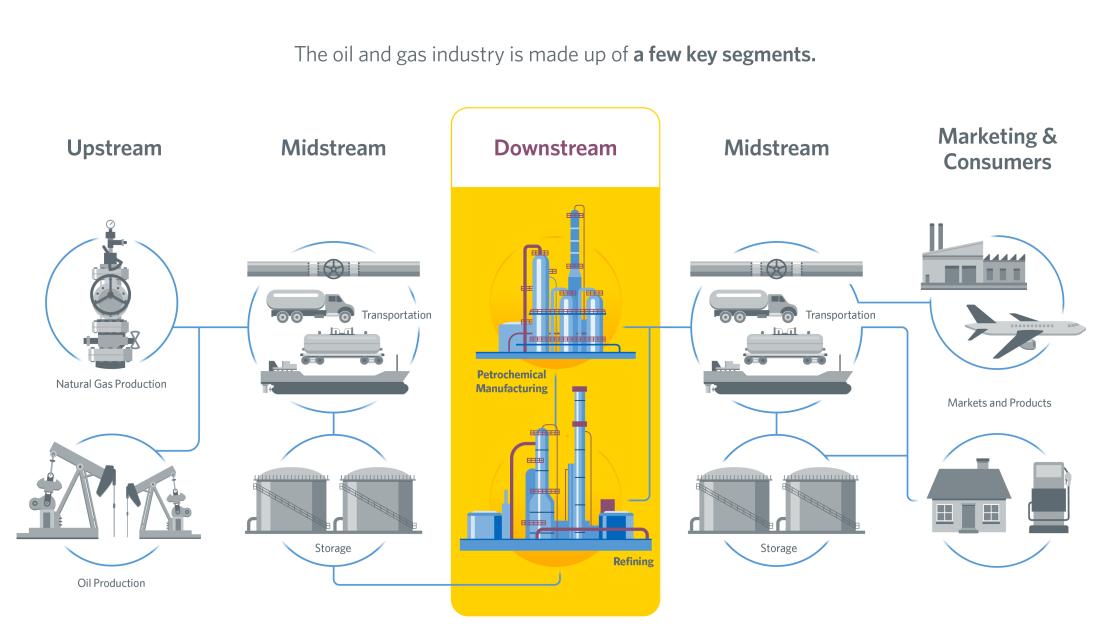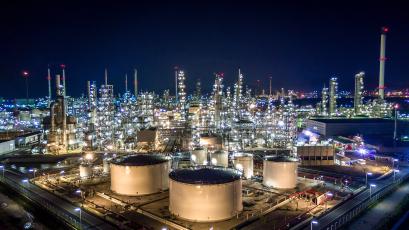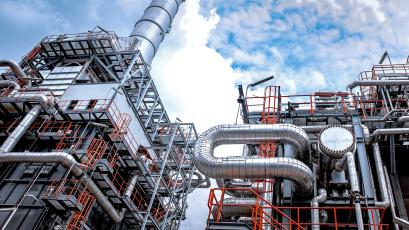There are three key segments that make up the oil and gas industry: upstream, midstream and downstream. Each is critical to the manufacture and distribution of gasoline, diesel, refined petroleum products and petrochemicals that are essential to the broader economy and modern life.
What is downstream?
The downstream segment encompasses refineries and petrochemical manufacturing facilities that process crude oil and natural gas liquids into finished products. There are 131 operable refineries in the United States that manufacture essential energy products, including gasoline, diesel and jet fuel.
The United States also has 366 petrochemical manufacturing units, many of which are co-located with refineries. These facilities develop the critical chemical building blocks — like ethylene and propylene — used to make thousands of everyday products and high-tech devices, including clothing, cellphones, cosmetics, food packaging and medical devices.
Did you know?
- Hardly anyone uses crude oil in its raw form. It takes refineries to turn crude into products people can use like gasoline, diesel and jet fuel.
- About 60% of the crude oil that runs through U.S. refineries comes from right here in the United States.
- The United States is the number one producer of refined products globally. American refineries produced more than 270 billion gallons of refined product in 2024, more than any other country and more than enough to meet U.S. demand and supply the growing global market for refined products.
- In 2024, the United States exported more than 100 billion gallons of gasoline, diesel, jet fuel and other refined products to more than 150 countries, making a significant positive contribution to the U.S. balance of trade.
- Petroleum-derived fuels supply the vast majority — almost 90% — of total U.S. transportation energy demand.
- The U.S. refining industry makes a significant contribution to the U.S. economy — $688 billion in 2022. The U.S. plastics industry, which has significant overlap with the petrochemical industry, supports over one million jobs and contributes $548 billion to our economy.
- The petrochemical industry has invested billions in U.S. recycling infrastructure.
- Petrochemical manufacturers are leaders in advanced recycling, a process that uses plastic waste as a feedstock to create new plastics and other valuable products. Advanced recycling technology expands the types of plastics that can be recycled which is key to reducing plastic waste in the environment and creates a more circular economy.
The American Fuel & Petrochemical Manufacturers (AFPM) is the leading trade association representing the makers of the fuels that keep us moving, the petrochemicals that are the essential building blocks for modern life, and the midstream companies that get our feedstocks and products where they need to go. We make the products that make life better, safer and more sustainable — we make progress.



